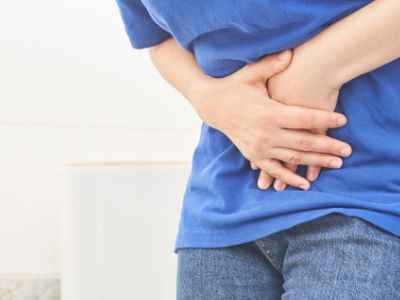Pinworms Infection: Causes, Symptoms, and Treatment

What is Pinworm Infection?
Pinworm is an intestinal infection caused by tiny parasitic worms. Thousands of people are affected by this common infection every year, especially school-aged children. It is a contagious infection but if you get rid of pinworms quickly, they will not spread or cause any harm.
How Do Pinworm Infections Spread?
Fecal-oral transmission of pinworm infection occurs by direct hand contact with an infected pinworm egg, or indirectly, by passing it through contaminated clothing, bedding, food, or other items. As soon as pinworm eggs are deposited on the skin around the anus, they become infective.
Pinworms can live for two to three weeks on clothing, bedding, or other objects. Infectious pinworm eggs are found on fingers, under fingernails, or on contaminated objects and surfaces such as clothing, bedding, and other objects. Pinworm eggs sometimes become airborne due to their small size and can be ingested.

Symptoms of Pinworms Infection
- Itching of the anal or vaginal area
- Irritability and insomnia
- Restlessness and teeth grinding
- Nausea
- Occasional stomach pain
Causes of Pinworms Infection
- Causes of pinworm infection include acquiring it by ingesting or inhaling pinworm eggs. Infected people usually deposit these microscopic eggs on surfaces.
- The eggs remain in the intestine until they hatch and mature. During the night, adult female pinworms exit the body through the anus.
- Upon laying eggs, they return to the colon from the folds of skin around the anus. These eggs often cause itching and irritation.
What Do Pinworms Look Like?
A pinworm is a parasitic nematode that lives in the intestines and lays eggs on the skin around the anus. Their name comes from their pin-like tails.
Prevent Pinworm Infections
- Trim your fingernails. Your fingernails should be cleaned and trimmed to prevent the eggs from being transferred.
- Avoid touching the anal area. Protect the affected area from touching or scratching by making sure your children do not do so.
- Wash your hands often. After using the bathroom, changing a diaper, touching your mouth or nose, or petting a dog or cat, wash your hands with soap and warm water. Make sure your children wash their hands, too.
- Shower often. To remove pinworm eggs from the skin, people who have pinworms should shower every day. Showering is more effective than bathing because bathwater can become contaminated with eggs.
- Keep surfaces clean. You can help prevent the spread of the infection by regularly cleaning toys, counters, toilets, utensils, dishes, and other surfaces with soap and water.
- Wash sheets, towels, and underclothes frequently. The linens should be washed every day until the treatment is complete. Washing laundry with eggs in it can spread infections, so don’t shake them out before washing.
Treatment of Pinworms Infection
Pinworm can be treated with either prescription or over-the-counter medications. Consult your doctor before using treatment medication for suspected pinworm infection. The treatment method involves two doses of medication with the second dose being given 2 weeks after the first dose.
Ivermectin is also an antihelminthic medication that is used for pinworm infection. Ivermectin works by interfering with the nerve and muscle functions of worms, by paralyzing and killing them. Consult your doctor before using this medication to know the possible benefits and side effects. Buy Ivermectin here at the lowest reasonable price.



